Tuesday, 23 April 2024
Menu
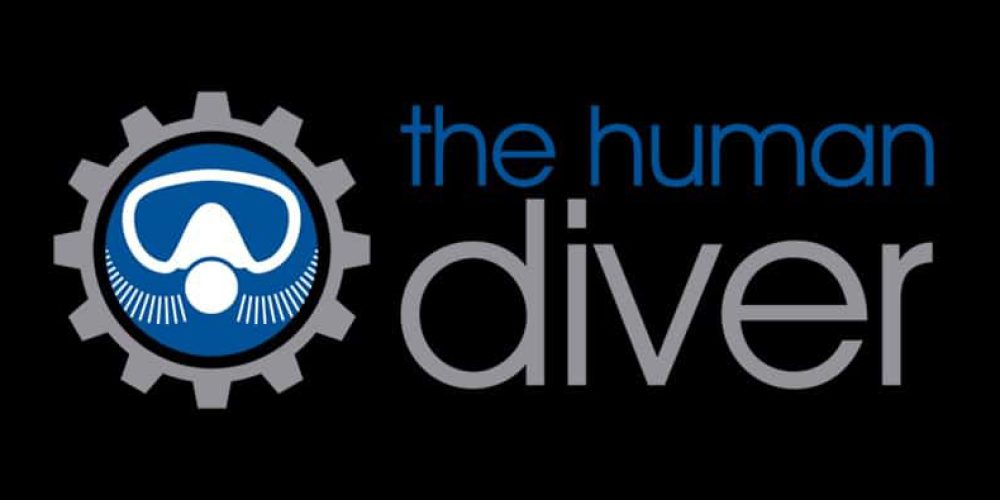
Have you ever analysed an incident or accident and come to the conclusion that it was because you were stressed, tired or distracted that led to the whole incident? These are three of the ‘Stray Twelve’ human factors that experts have identified as ‘key’ factors contributing to or preceding incidents and accidents.
The term “Parsha 12” refers to the dozen most common preconditions or precursors, human errors, that lead to accidents and incidents/accidents. These twelve factors have been shown to influence people, leading to mistakes, errors or rule violations. This concept was developed by Gordon Dupont in 1993 and is now a key component of Human Factors in Maintenance training e.g. Systems.
Note that the twelve factors mentioned are not the only ones that lead to errors, mistakes and violations, but they certainly give us a starting point in identifying the conditions under which errors and violations are more likely to occur. Different domains, and even groups within domains, such as pilots, ground crews, and air traffic control in aviation, have their own different ‘pars twelve’ that have been derived from recorded and analysed incident data. Unfortunately, there is no such data in diving that analyses the factors that contribute to incidents and accidents. Therefore, the following information is based on the original list and is not arranged in any particular order.
1. lack of communication
2. distraction
3. lack of resources
4. stress
5. complacency
6. lack of teamwork
7. pressure
8. lack of awareness
9. ignorance
10) Fatigue
11) Lack of assertiveness
12) Standards
Knowing about potential problems is a good place to start. However, it is important to develop and apply countermeasures to the ‘Mocking Twelve’. By doing so, we reduce the likelihood of a breach or error occurring, and if one does occur, we create the opportunity to catch it before it becomes too serious. Accordingly, for each of the ‘Steamy’ factors listed, considerations are presented that may help to prevent or mitigate the effect exerted.
When working with the ‘Steamy Twelve’ you may notice a correlation occurring, e.g. lack of resources or miscommunication may increase stress, and lack of knowledge may lead to lower awareness.
As this is a very broad topic, I have therefore divided it into two parts. The next one will be published in the second half of 2020.
“The biggest single problem with communication is the illusion that it has just taken place.”
Poor communication is often a major factor leading to incidents and accidents and the need to improve communication is one of the key objectives identified in my courses. Communication involves both the transmitter (sender) and receiver (listener), as well as the medium and systems used. It is often assumed that communication takes place in person, but dive computers, pressure gauges and CCR controllers, also communicate information to the diver. In all cases it is often assumed that the receiver has understood the information, either because the receiver has made some assumptions about the missing information or because the transmitter accepts the received message/heard and understood the message. In verbal communication it is often the case that only 30% of the message is received and understood.
Countermeasure. For a dive to be successful and for all objectives/tasks/limitations to be understood, information needs to be passed between team members or instructor and student. Sometimes these messages are complex. In this case, the message should be written down or checklists/sheets should be used. Verbal messages should be concise and critical information should be at the beginning of the message and then repeated at the end. Although making assumptions, is key to acting in a fast paced environment, they should be avoided, especially when it comes to critical information.

Distraction is part of our modern life. We are unable to perceive and process the vast amount of information reaching our senses. As a result, we filter and discard what we think is not important or relevant. Even worse, if something comes to mind that looks really ‘interesting’, we start focusing on it and forget what we were doing before. This could be conversations, other people around us, environmental problems such as noise, wind or cold, or problems that need to be dealt with immediately for safety reasons e.g. a diving gear tipping over or one that is about to explode. Distractions can also be emotional or mental, such as family problems or how I pay my trimix bill!
Psychologists believe that distraction is the number one reason for forgetting things, and if you forget to do something, then unless something triggers the thought you forgot, it will remain forgotten! We tend to look ahead (a good thing in many cases), but this means that when we get back to the task at hand, we think we are much further ahead than we actually are.
Countermeasure. Two ways to deal with distraction are to prevent it and then to mitigate it.
Prevention. Inform your team or students that you are doing something critical (for example, putting together a camera or CCR) and that unless it is really urgent and cannot wait, they should give you some space and come later.
Mitigation. If possible, complete the task and then move on to ‘dispersal’. However, if you want to move away from the main task, mark or make a mark where you are in the sequence in a clear and obvious way to draw attention to it again when you return. I would also recommend going back two or three steps in any checklist, as we tend to overestimate progress.

If we don’t have the right parts or tools for the job, as divers we often try to improvise with what we have. In many cases this is fine and nothing happens. However, until we understand the criticality of certain components or a task, disaster can happen. Resources also refer to people, skills, experience, knowledge, etc., and a lack of these can interfere with our ability to complete a task safely and effectively. Even more importantly, if a task is successful without adequate resources, it can lead to normalised deviance (see Standards).
Countermeasure. When the right resources are on hand, there is a greater chance that a task will be completed more effectively, correctly and efficiently. This may mean a small expense in the short term, but can lead to safer dives and potentially save money in the long term, especially if a botched task ends up being serviced or visited by a specialist.
Stress can be a good thing, like eustress, or it can be bad and cause suffering. Suffering comes in two forms that affect our outcomes – acute or chronic.
Acute suffering results from the real demands placed on our body and mind due to unexpected events, working under time pressure or inadequate resources.
Chronic distress arises from long-term demands such as job security, family/relationship problems or illness and can affect performance by using up some of our processing power, meaning that awareness is reduced and poor decision making will be more likely. Interestingly, if there is not enough stress to maintain our level of interest, we start to behave carelessly in a given situation (see next topic below).
Prevention. Early signs of stress include personality and mood changes, errors in judgement, lack of concentration and poor memory. Individuals may experience difficulty sleeping and increased fatigue, their eating habits may manifest as compulsive eating or a complete lack of appetite. Long-term symptoms of stress include susceptibility to infection, increased use of stimulants and self-medication, absence from work, illness and depression. Difficulties are a very personal matter, so external guidance/advice is not always obvious.
When it comes to diving, the activity of diving can reduce stress and provide a way to disconnect from the world, forgetting everything on the surface. However, it is important to remember that significant levels of stress can lead to reduced performance and dangerous behaviour, such as, a diver leaving a rebreather canister due to severe stress from the surface. Fortunately, he realised something was wrong and stopped the dive just before entering the cave system where he planned to spend the next 4-5 hours….
“Complacency is man’s greatest weakness; it creeps up on us unnoticed when we least expect it.”
Contentment can be described as a sense of self-satisfaction accompanied by a loss of awareness of potential risks or dangers. This often occurs with routine activities that have become habitual, and there is little sense of risk of error. This results in reduced attention or vigilance related to the situation, and important signs/signals/characters are missed, and due to cognitive impairment the diver only sees what they expect to see. Research has also shown that immediately after a high stress situation, complacency can be encountered due to the relief felt in resolving the situation.
As mentioned above, too much stress can lead to suffering and reduce productivity. However, if there is insufficient stimulus to focus attention on a topic, a state of bliss and peace of mind can occur. In addition, if this happens in a low-stress environment coupled with fatigue (such as on a diving safari!), then extra vigilance is required.
Countermeasure. Avoid operating from memory for key tasks such as check-ins during CCR assembly and testing. Look for reasons why something should be wrong. For example, when assembling the camera, make sure all the controls work and the leak test is correct before entering the water. Leaving something until the last minute can mean that time pressure will lead you to accept sub-optimal configurations. Finally, use team members to peer check and verify the team. It’s a good way to reduce the sense of peace of mind. However, without clear standards and acceptable behaviours/skills, it is difficult to subject the conduct of others to criticism.
The Parsha 12 is a simple list of the most common conditions that cause errors in a particular domain. The above list is based on the original 1993 list (and codified here), but many other variations exist.
When you look back on your dives, especially the ones that did not go as planned, consider the points discussed and determine what you will do differently next time. Be careful not to focus only on these, as there are many other factors that can lead to accidents and incidents, but they should give you a point, to shape your thinking.
The most effective way to reduce incidents and accidents is to design to exclude the creation of a problem by means of equipment solutions or by the way the task is performed. In some (most) cases, divers cannot do much about the design. The next step is to anticipate when encountering problems is more likely. Understanding the “Odd Twelve” can increase awareness of when failures are more likely.
The next part will be published soon…
The original article can be found: www.thehumandiver.com

.
.

.

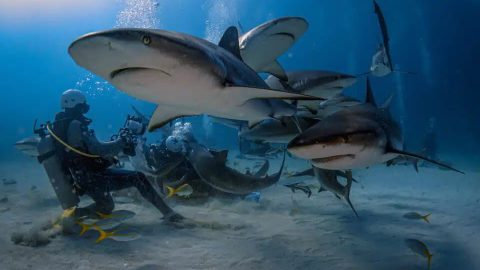
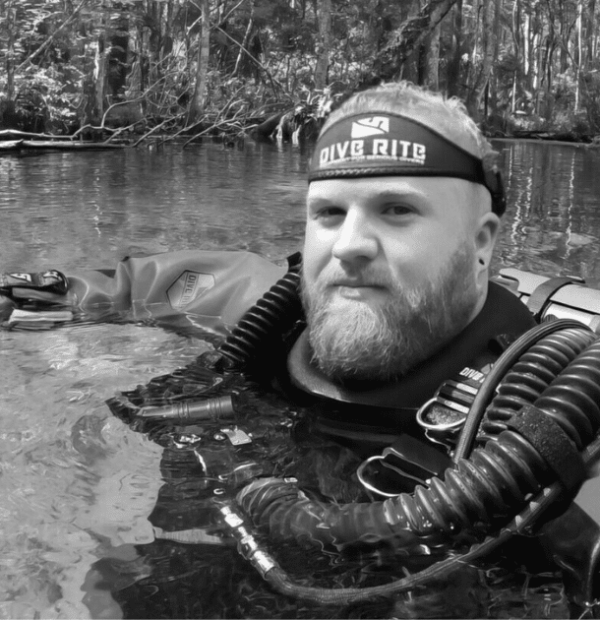

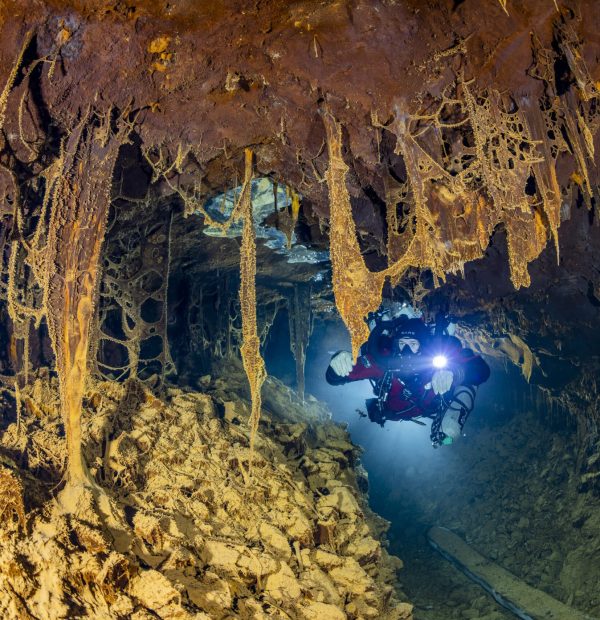
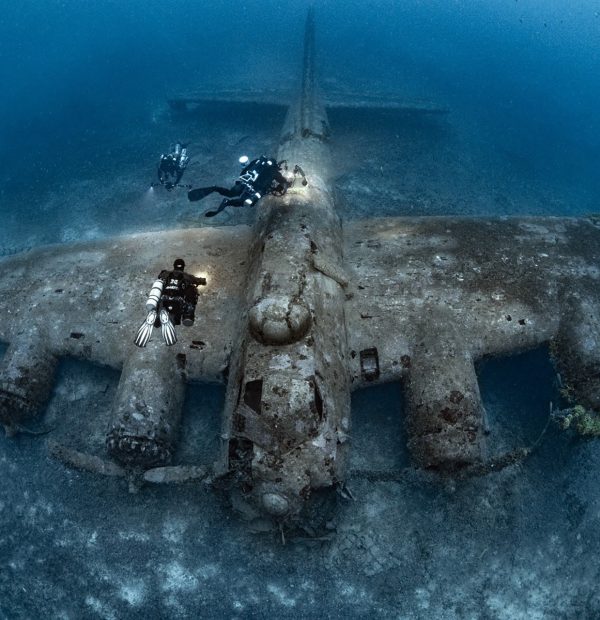
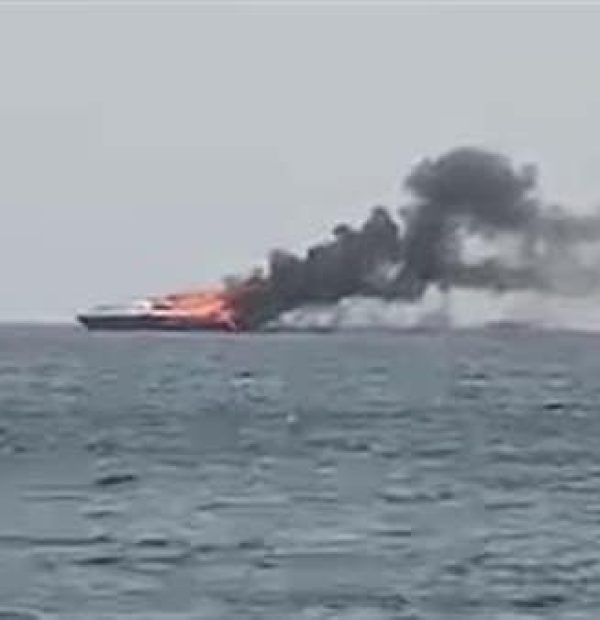
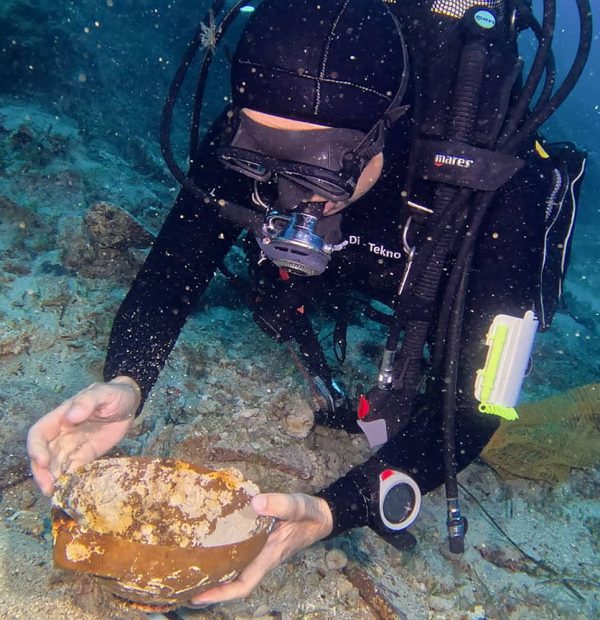
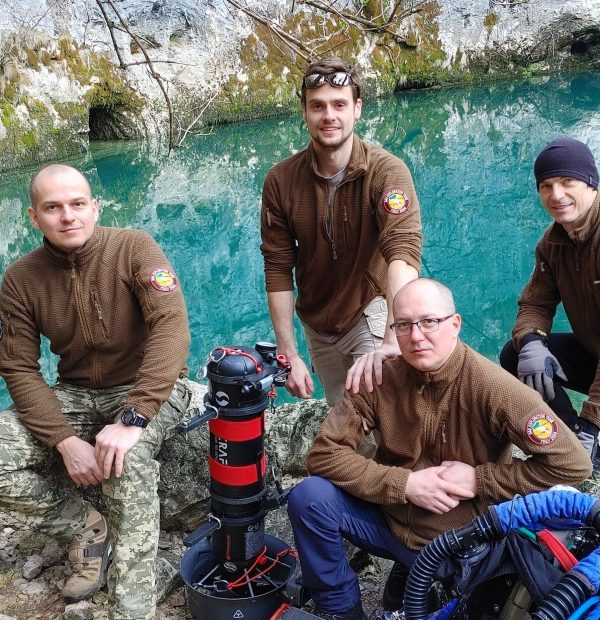

Welcome to DIVERS24.COM, your daily source of scuba news, freediving, scuba diving information, and equipment reviews. Our comprehensive coverage of the dive industry from A to Z provides you with all the latest scuba news, training updates, underwater photography tips, and everything else related to scuba diving. Whether you’re a beginner or an experienced diver looking for more knowledge about scuba gear or techniques – we’ve got it covered! With our in-depth articles written by experienced divers who have been there and done that, you are sure to find exactly what you need here at Divers24.com. Dive into scuba news today!
Underwater Media Sp. z o.o.
Szafarnia 11/F8,
80-755 Gdansk, Poland
Welcome to DIVERS24.COM, your daily source of scuba news, freediving, and scuba diving information. Sign in for a weekly news update and discount coupons for dive gear and apparel.
@2023 - underwatermedia.pl. All Right Reserved. Designed and Developed by Tworzenie stron internetowych Gdansk

The Divers24 portal is currently the largest online medium treating diving in Poland. Since 2010 we have been providing interesting and important information from Poland and around the world on all forms of diving and related activities.
Contact us: info@divers24.com